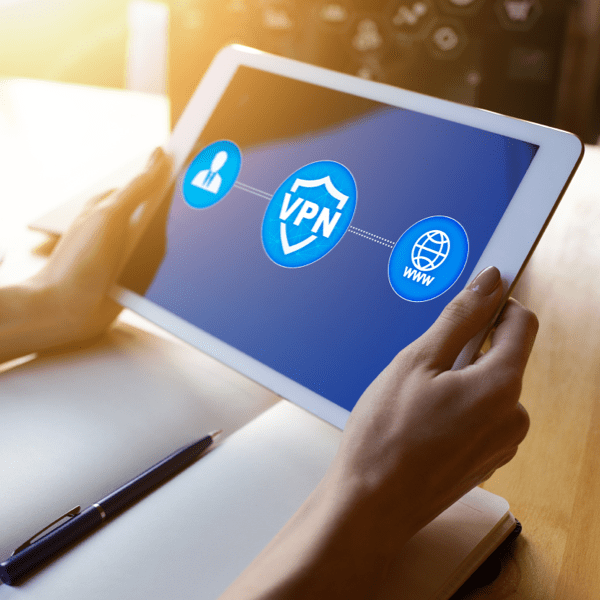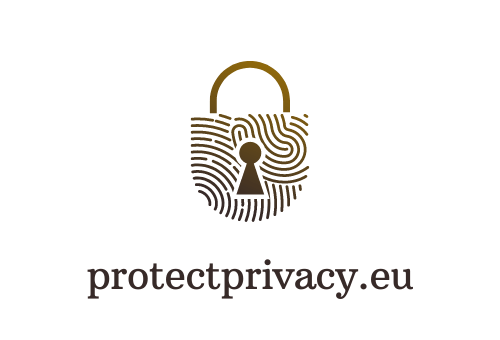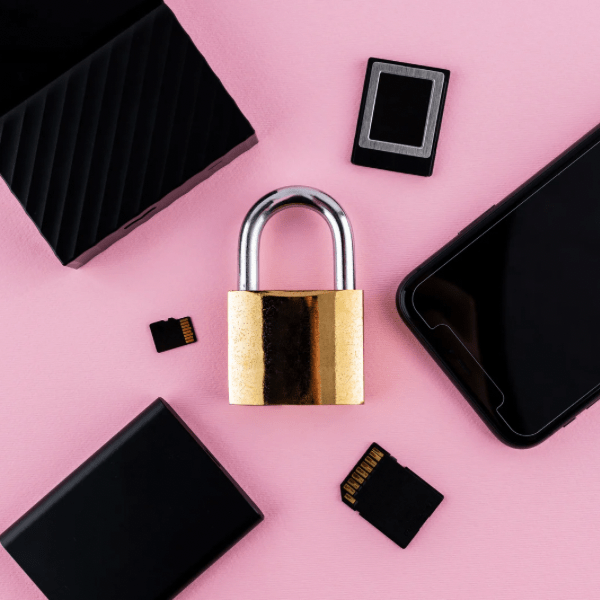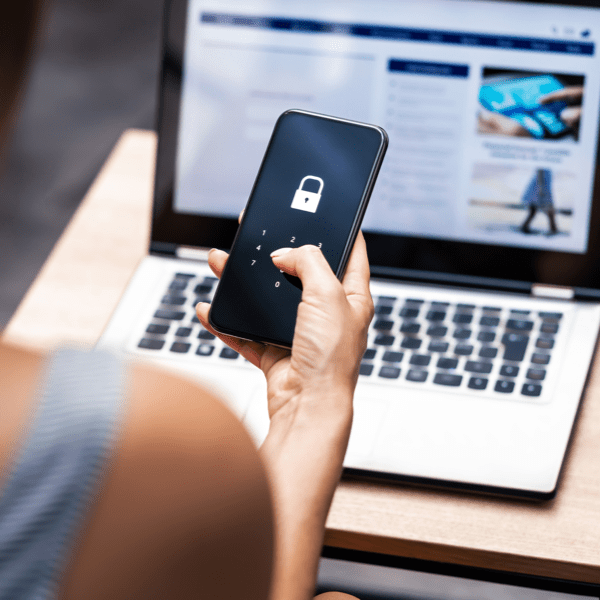Decoding VPNs: A Deep Dive into How VPNs Work and Why They Are Essential for Online Privacy

In today’s digital age, where data breaches and cyber threats are rampant, protecting one’s online privacy has become paramount. Enter Virtual Private Networks (VPNs). These digital tools are not just buzzwords for tech enthusiasts but are crucial for anyone navigating the vast expanse of the internet. But what exactly is a VPN, and why is it so vital for online privacy? Let’s decode the mystery behind VPNs.
What is a VPN?
A VPN, or Virtual Private Network, is a secure tunnel between two or more devices. It allows users to send and receive data across shared or public networks as if their devices were directly connected to a private network. This means that even if you are using a public Wi-Fi, with a VPN, your data is encrypted and secure from prying eyes.
How Does a VPN Work?
- Encryption: At its core, a VPN works by encrypting your data. When you send or receive information online, the VPN software on your device encrypts this data, turning it into complex code that’s nearly impossible to decipher without the right key.
- Tunneling: Once encrypted, your data travels through a secure “tunnel” across the internet. This tunnel ensures that your data remains shielded from external threats and interceptions.
- Server Connection: VPNs connect your device to a server in a location of your choice. This server could be in your country or halfway across the world. When your data reaches this server, it’s decrypted and sent to its final destination.
- IP Masking: One of the standout features of VPNs is their ability to mask your IP address. When you connect to a VPN server, it appears as if you are browsing from the server’s location, not your actual location. This not only provides anonymity but also allows access to region-restricted content.
See Also: Privacy In The Age Of Social Media: A Comprehensive Analysis
Why Are VPNs Essential for Online Privacy?
- Data Protection: With rising concerns over data breaches, having your data encrypted ensures it remains confidential and safe from hackers.
- Online Anonymity: VPNs mask your online identity, making it difficult for websites, advertisers, or malicious entities to track your activities or gather personal information.
- Access to Restricted Content: Whether it is geo-blocked websites or censored content, VPNs allow you to bypass these restrictions, granting you a truly open internet experience.
- Safe Online Transactions: For those who frequently engage in online banking or shopping, VPNs offer an added layer of security, ensuring your financial details remain private.
- Avoid Bandwidth Throttling: Some internet service providers (ISPs) may slow down your connection based on your online activities. With a VPN, your online actions are hidden from your ISP, ensuring consistent internet speeds.

Conclusion
In a world where our online footprint is constantly under scrutiny, VPNs act as the guardians of our digital lives. They not only provide a shield against potential threats but also grant us the freedom to explore the internet without boundaries. As we continue to integrate the digital realm into every facet of our lives, understanding and utilizing tools like VPNs will be pivotal in ensuring a safe and private online experience.







